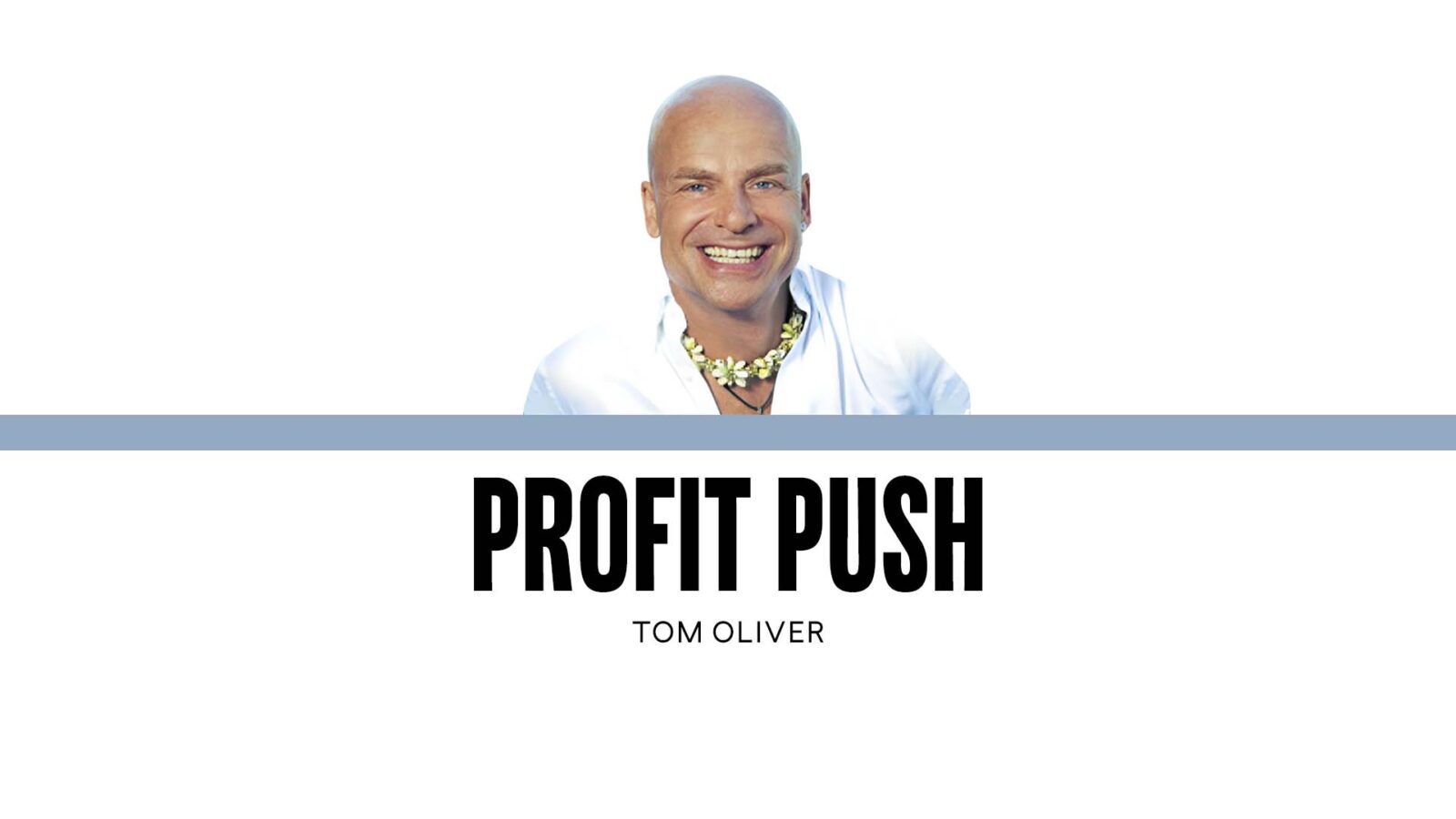The ugly truths about AI they don’t want you to know

This is not a prediction. It’s a trend analysis. I have been close to some of the top executives of Silicon Valley for many years and what is coming—or at least what I think is coming—is based on my close-up view of the Valley. Chances are you may not like it.
But better to face the facts and prepare for them than to close both eyes and pretend reality is not what it is. What is the role of a business leader, business owner or CEO? To look at the bare facts head-on, to stare the ugly truths in the face and then do what is necessary for your ship, to steer it into safe harbors and navigate through storms and crises.
This is called the Stockdale Paradox: The Stockdale Paradox is the discipline to hold a deep, unshakable belief that you will ultimately prevail while at the same time looking the toughest truths of your current situation straight in the eye. The prerequisite for this is to see reality as clearly as you can, without sugarcoating it.
Ugly truth No. 1: Artificial intelligence (AI) develops faster than anyone thought
Bill Gates has said it, Eric Schmidt has said it, and so have countless others who are believable simply because they have been at the top of the tech game for decades: The pace at which AI is developing is surpassing everyone’s expectations.

I hear business owners and CEOs complain about AI’s “hallucinations.” This means that AI still gets a lot of things wrong. Well, of course. But look at the rate of acceleration and development.
It is absolutely mind-blowing. So let us just assume that you are not smarter than Bill Gates and Elon Musk. Chances are high that whatever you think about how fast AI is developing and how fast it will change everything is vastly underestimating the actual reality, and what is going to come.
Ugly truth No. 2: Elon—and other tech leaders—only care about winning the race
This is a fact. Nobody cares about potential job losses. The United States is by far the biggest investor in AI, both in the private and government sectors. Private investment totaled $471 billion from 2013 through 2024, including $109 billion in 2024 alone. These numbers continue to go up exponentially. So do you think tech leaders and the ones at the top of the large language models like OpenAI or Google Gemini will sit idle and talk about ethics and potential job losses?
Why? They are on the clock. This is a super tight race with the high probability of a winner-takes-all scenario or maybe very few winners.
Whoever it is, from Elon to the Google founders, they only care about winning the race. Nobody cares about what that future means for millions of people around the world, growing civil unrest due to wealth inequality, rise of populism, etc.
Ugly truth No. 3: Wealth inequality will reach an all-time high
This is a fact. It is now already as high as before the start of the Second World War. And with AI, this is only going to get worse. Why should you care? If you are one of my readers, you are likely to be at the top of the food chain. But see, this is where it gets interesting. To stay there and remain on top, you need to understand trends. And AI is the biggest new trend since the industrial revolution. Bigger than the internet. And that was big.
The more you understand where things are going, the better you can prepare yourself and your business for it. To survive. To thrive. You see, with a fundamental change as the one that AI will bring about, all industries will be fundamentally affected—for good and for bad. But only if you understand where that trend is going and what will change can you know the opportunities and where to invest, and how to prepare your business.
Ugly truth No. 4: Many more will lose their jobs than you can imagine
This is a fact, no longer a speculation. You can easily see this by the way the top tech leaders of Silicon Valley try to dodge this question every time it comes up in interviews. They simply try to evade it because the reality is: For them, this is a race to win; they do not really care about the plight of the masses in the global population. This is why concepts like Universal Basic Income are floated. This would be a system where every citizen receives a regular, unconditional payment from the government, regardless of their income or employment status.
Why would people discuss this at all if it were not clear that massive job losses are coming? It means hundreds of millions, potentially billions, are going to lose their jobs. This is an undeniable fact given where the tech is going. Why aren’t more people talking about it?
Frankly, the masses are too busy being busy and earning their paycheck, living from day to day and the tech leaders, well, as I said above, they are focused 100 percent on making sure their billions of investment are not wasted and they come out on top. They have no interest in talking about what is coming because massive global job losses would only hurt their image and distract from their main goal, which is to win this race.
Ugly truth No. 5: This is irreversible
What does all of this mean for you? You need to make sure you see reality as clearly as possible. And then to make the best strategic decisions. As a business leader, this has always been—and will always be—your job. The strategy will be different depending on what business you are in, are getting in, the type of industry you are in, and so on. As usual, there is no one-size-fits-all recommendation. But the more you understand what is coming, the better you can prepare for it.
Because this is irreversible and AI is here to stay and yes, the robots will be coming; because Elon so far has done everything he said he would, even though he was often delayed, he has still executed on every major promise. And he wants to roll out millions of robots. Then imagine competitors will of course, try to do the same. The cost per robot will come down just as the cost of cars came down rapidly after the first Ford T models left the factory. Add to this ChatGPT on supercharge because, of course, Ai will get better and better and you will basically have robots that will be smarter than any human being on the planet, probably have a PhD in everything and will be affordable to a large number of people and definitely to almost all businesses.
Three to Thrive: What you can—and should—do to survive
1. Face the facts: Take your vision of what you think AI will be able to do, and multiply it by 10-100.
2. Brace for Impact: Do a risk-and-opportunity scenario with external advisors and your best people to come up with: (A) What your industry will look like in five to 10 years; (B) What you can do now to prepare for it, and how to reap the rewards. If this means some radical pivot, well, then get it done before your competitors will.
3. Remember the Stockdale Paradox: Just because it is uncomfortable to view reality as it is, it doesn’t go away if you close both eyes and put your head in the sand.
Tom Oliver, a “global management guru” (Bloomberg), is the chair of The Tom Oliver Group, the trusted advisor and counselor to many of the world’s most influential family businesses, medium-sized enterprises, market leaders and global conglomerates. For more information and inquiries: www.TomOliverGroup.com or email Tom.Oliver@inquirer.com.ph.


















